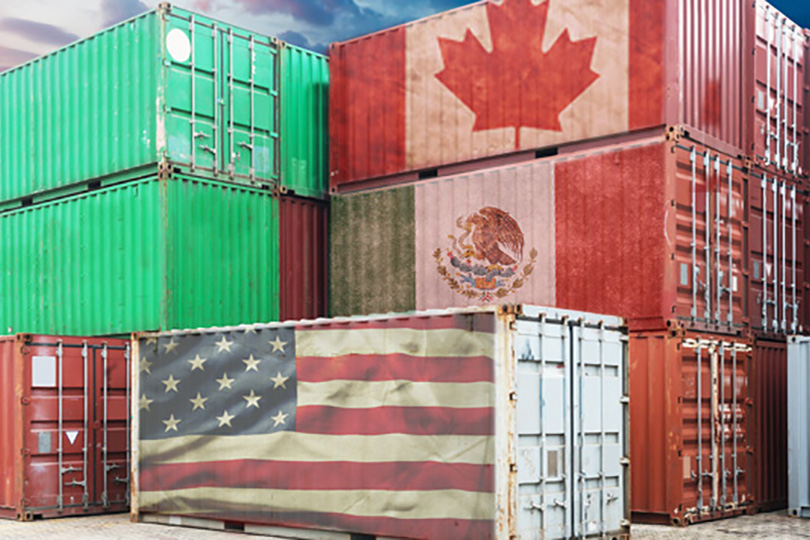By Jessica Domel
Multimedia Reporter
The future of the North American Free Trade Agreement (NAFTA) is in jeopardy following comments from President Donald Trump at a rally in Arizona.
There, Trump told the crowd he believes the U.S. will “end up probably terminating” the 23-year-old free trade agreement with Canada and Mexico, because he feels the U.S. has been “so badly taken advantage of.”
The president then cautioned that he has yet to make up his mind, according to the Associated Press.
The first round of NAFTA negotiations began in Washington, D.C. last week with officials from all three countries.
During the negotiations, groups reportedly began to work to advance text. They also agreed to provide additional text, comments and alternative proposals, according to U.S. Trade Representative Robert Lighthizer.
“The scope and volume of proposals during the first round of the negotiation reflects a commitment from all three countries to an ambitious outcome and reaffirms the importance of updating the rules governing the world’s largest free trade area,” Lighthizer said. “In addition to the negotiations, officials from all three countries continued to engage a wide range of stakeholders, including representatives of the private sector; industry associations; civil society, including labor groups; legislative representatives; and state/provincial officials.”
Domestic consultations with stakeholders in each country are expected to continue through the end of the month.
The second round of negotiations are scheduled for Sept. 1-5 in Mexico City unless the U.S. exits the free trade agreement before then.
If the president does decide to pull the U.S. out of NAFTA, a six-month notice must be given to both Canada and Mexico.
NAFTA was implemented in 1994. The agreement eliminated tariffs on goods traded between the three countries. If the U.S. leaves NAFTA, Mexico and Canada could choose to tax items sold into their respective countries from the U.S.
NAFTA also lays out food safety standards for traded goods and includes a dispute settlement system for resolving countervailing and antidumping issues.
According to the American Farm Bureau Federation, agricultural exports to Canada and Mexico quadrupled from $8.9 billion in 1993 before NAFTA was implemented to more than $38 billion today due, in large part, to NAFTA.
The U.S. has a 65 percent market share in the NAFTA market, AFBF reports.
The U.S.’ negotiation objectives for NAFTA can be found here.
AFBF, the Canadian Federation of Agriculture and Mexico’s Consejo Nacional Agropecuario issued a joint statement in support of NAFTA modernization.

